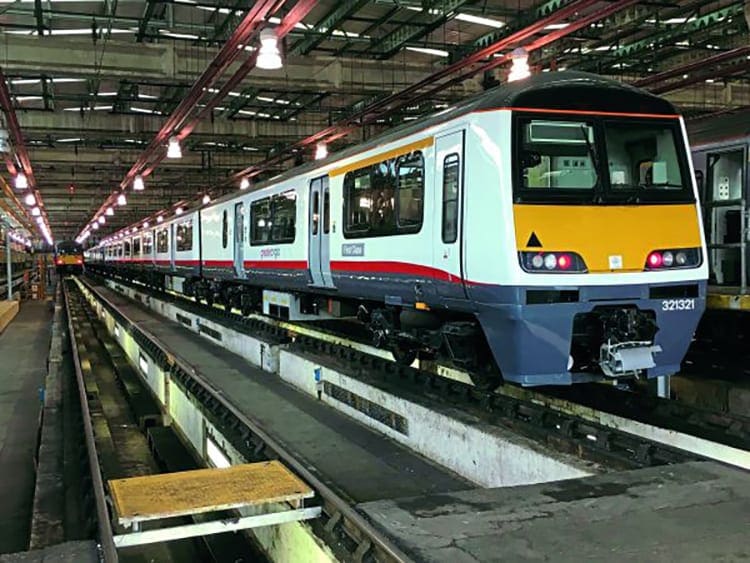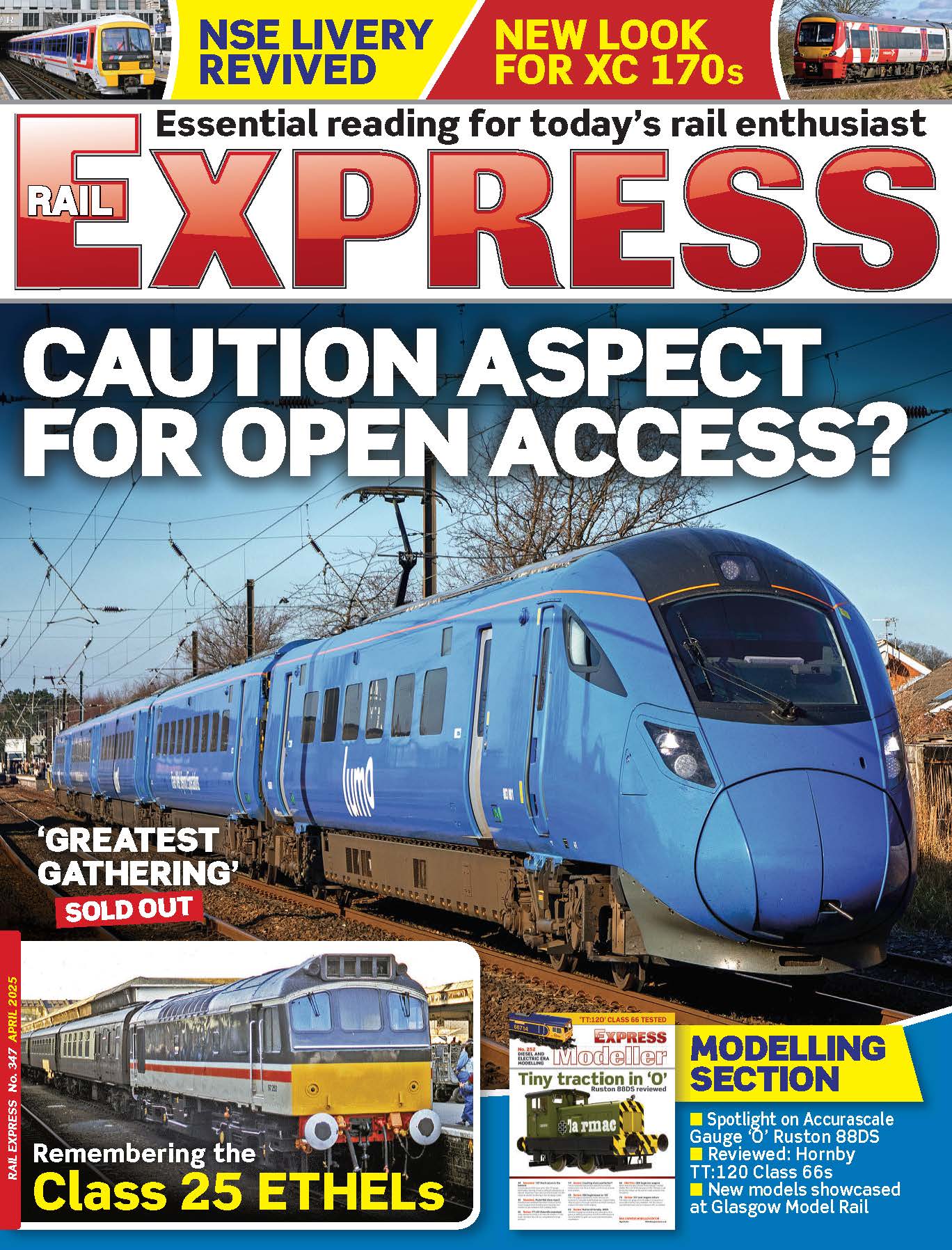
The focus on the next Wales and Borders franchise could be on Cardiff, to the detriment of the rest of the principality.
By ‘Industry Witness’
STAKEHOLDERS have expressed concern that draft proposals for the next Wales and Borders franchise will be withheld from the public and only revealed when the 15-year contract has been awarded to one of the four bidders.
Enjoy more Rail Express Magazine reading every month.
Click here to subscribe & save.
There is a fear that the focus will be on modernising the Valley Lines serving Cardiff and whether these should be converted to light rail operation. For other routes it would seem that the bidders – Abellio, Keolis-Amey, Arriva and the MTR Corporation – will have a lot of freedom in determining the package of services they are able to provide for the budget offered. This in itself is not a bad thing, but is not something that should be undertaken without public engagement.
There is also the issue that services are provided outside Wales where stakeholders will expect account to be taken of onward connections. There are two routes beyond Newport that serve stations to Gloucester and Cheltenham, plus that to Hereford, Ludlow and Shrewsbury, which is extended to Manchester using the Shrewsbury to Crewe line. Services on the Cambrian route to Shrewsbury are also extended to provide local trains to Telford, Wolverhampton and Birmingham.
In England there are continual complaints that the transport needs of London take up the lion’s share of rail investment, and it would be ironic if the devolution of responsibility for train services in Wales and the Borders finished up with a similar situation where the requirement for public transport in Cardiff dominated all else.
A decision has already been taken that Chester will be removed from Wales and Borders franchise control. It has been under-invested, and a visitor from the 1960s would find a time warp in the station layout and lighting. Much the same applies for the principal stations on the North Wales Coast Line, which are largely unchanged since the Victorian-era upgrade to accommodate a huge demand for travel to the resorts served.
It is a challenge to regenerate seaside towns where visitor numbers have sharply reduced, and North Wales is no exception. The demand for rail services has little to do with the economy of Wales, it is more about travel to employment centres such as Chester and others in North West England. But a transformational improvement in journey time and frequency is needed to produce a competitive timetable. One of the most obvious omissions is the lack of access to the Airbus factory at Hawarden where 6,000 people are employed. It is adjacent to the railway but has no station.




